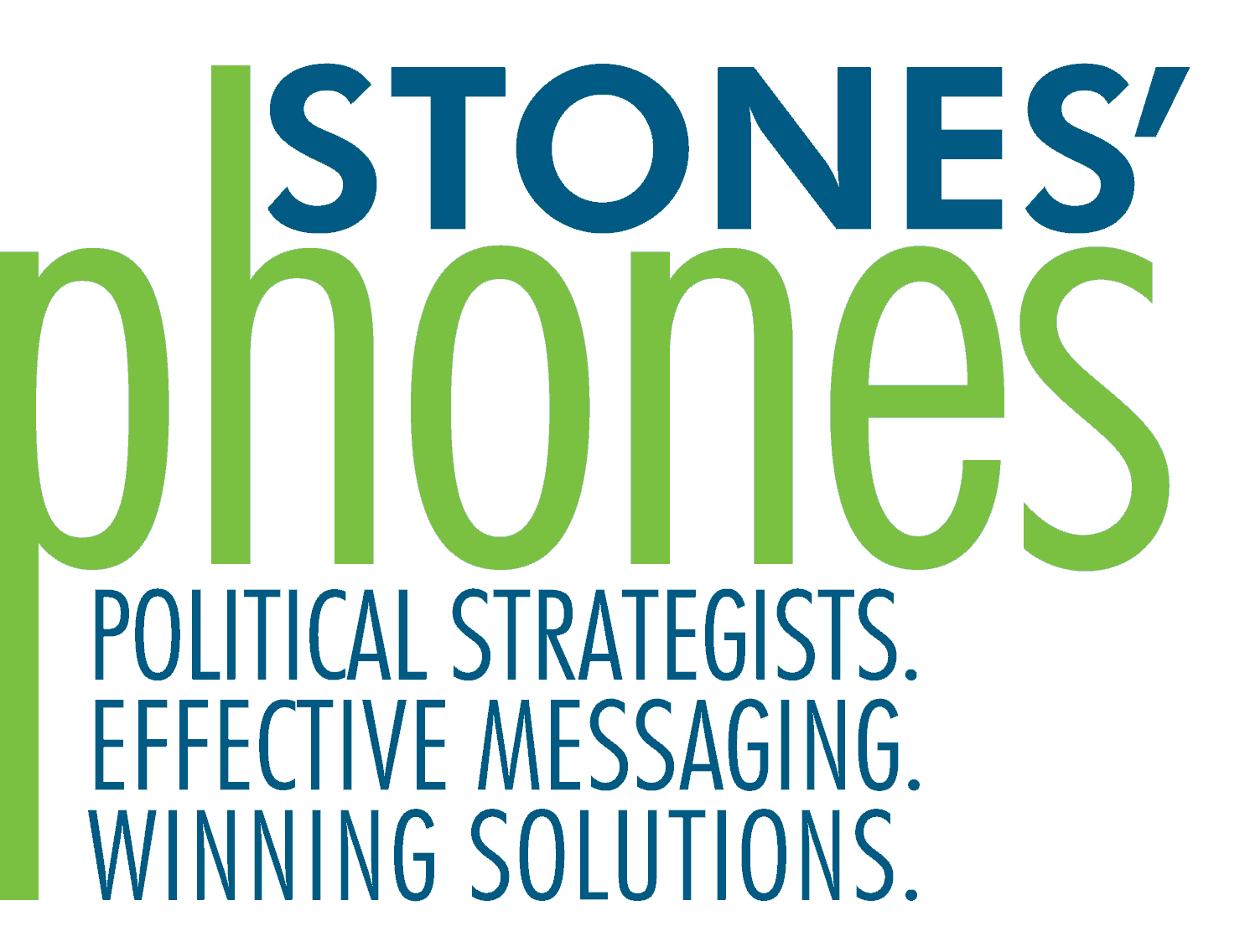12 Steps To Improve Franked Telephone Town Halls
- willw95
- Aug 17, 2023
- 3 min read
Franked Telephone Town Halls help Members of Congress discuss upcoming legislation, current events, and their legislative agenda with constituents back home. It’s a reliable outreach technique that we’ve refined over the years to help Members of Congress be better representatives. Check out some of our tips and best practices to improve your franked telephone town halls:

1. Invite people: You can boost the number of people who will join the event through email blasts and posting the event invitation to social media channels with an option to RSVP. You could even invite journalists to listen in on the conversation and gain more press coverage focused on the topic of the call.
2. Record an automated pre-call to inform prospective listeners about the Telephone Town Hall up to 24 hours before the actual event. We have noticed that pre-call helps boost Telephone Town Hall participation by as much as 9 percent for elected officials.
3. Purchase phone data from a reliable vendor to get the most up-to-date constituent phone numbers, resulting in a higher connect rate during the dial out process. We can also purchase data on your behalf to create a targeted calling list aimed at reaching specific demographics and communities within the district.
4. Focusing on a single topic during the event helps Members better prepare for the call. Also, the constituents’ learning experience increases during the call because legislators can serve as “educators” on a given topic.
5. Have clear, achievable goals in mind for the event. Do you want to inform a large number of listeners about upcoming legislation? Do you want to target your franked call to discuss issues affecting a particular community or demographic in your district? Or encourage listeners to take action (e.g. enrolling in the health care exchange)? Try to consider what tone and language would create the most productive dialogue with constituents.
6. Prepare the legislator: give them at least 15 minutes to relax, focus on the call, and review their remarks. Build in a little speech practice so they can articulate the issue clearly to thousands of people on the call.
7. Keeping comments short is important in Telephone Town Halls, especially at the beginning of a call. Introductory remarks should be very brief (1 minute or less) and include a warm welcome and instructions on how to participate. Emphasize to constituents that your focus is hearing from them and answering their questions. Plan to get to Q+A as quickly as possible and remind them to press 0 often!
8. Plan to have a Moderator: A talented public speaker is crucial to keeping participants on the call and ensuring the event progresses smoothly from question to question. The moderator simply needs to introduce the Member, provide instructions, and field questions. Drafting an agenda for the beginning, middle, and end of the event with a basic script for comments and introductions helps make the moderating job even easier. Or, a Stones’ Phones staffer can act as the moderator.
9. Recruit staff to pre-screen participants’ questions before they are asked live on the call. This way you can create a controlled environment for your Member to communicate with constituents.
10. There are many options for making a Telephone Town Hall more interactive while maintaining control of the event. You can incorporate poll questions to better understand your audience. You can also stream live video and invite questions via Facebook or Twitter.
11. After the Telephone Town Hall, you can engage more people simply by posting audio clips of the event on your website and social media outlets. By referencing what happens in the event you not only keep the conversation going, you demonstrate that you’re listening.
12. Instead of viewing each Telephone Town Hall as a separate event, think about ways to link them together and build on them. Start a notification list of people who want to be called and develop relationships with them. Create a Twitter hashtag or a private Facebook page for ongoing discussion among participants and weigh in from time to time. If you build enough momentum on an issue, you might even consider establishing an advisory group on an important topic.



